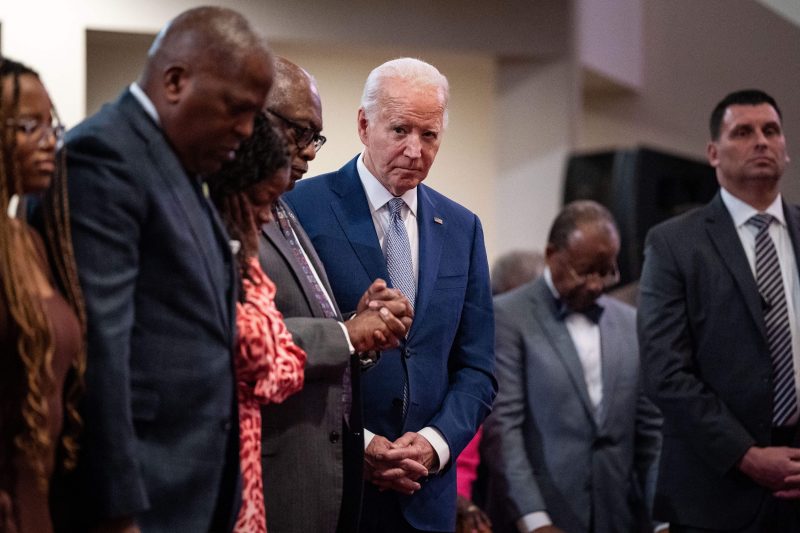The recent Ipsos poll findings have shed light on a concerning trend in the United States: fewer black voters are planning to vote in the upcoming 2024 election. This decline in voter enthusiasm and participation among the African American community raises important questions about voter engagement, representation, and the factors influencing voting behaviors.
One key factor that may contribute to the decline in black voter turnout is the impact of voter suppression efforts. In recent years, there has been a rise in laws and policies that restrict access to voting, particularly for marginalized communities. These efforts, often targeted at minority voters, can create barriers such as strict voter ID laws, limited polling locations, and shortened early voting periods. As a result, black voters may face challenges in exercising their right to vote, leading to decreased participation.
Furthermore, the lack of representation and meaningful engagement from political parties and candidates may also play a role in the declining voter turnout among black voters. If individuals do not see themselves reflected in the political process or perceive that their voices are not valued, they may become disillusioned with the electoral system and opt out of participating altogether. It is crucial for political leaders to actively engage with black communities, address their concerns, and prioritize policies that empower and uplift these constituencies.
Socioeconomic factors can further exacerbate the issue of low black voter turnout. Disparities in access to resources, education, and economic opportunities can hinder civic engagement and political participation. Individuals facing financial hardships or other challenges may prioritize meeting basic needs over engaging in the political process. Addressing these underlying inequalities is essential in creating a more inclusive and equitable electoral system that encourages all citizens to participate in shaping their democracy.
To reverse the trend of decreasing black voter turnout, proactive measures must be taken at various levels. State and federal policymakers should prioritize voting rights protections, eliminate barriers to voting access, and promote voter education and engagement initiatives targeted at minority communities. Political parties and candidates must actively reach out to black voters, listen to their concerns, and demonstrate a commitment to representing their interests in order to rebuild trust and encourage participation.
Ultimately, the decline in black voter turnout highlighted by the Ipsos poll underscores the importance of addressing systemic barriers, fostering inclusive political environments, and empowering marginalized communities to fully participate in the democratic process. By taking concrete steps to promote voter engagement, protect voting rights, and ensure that all voices are heard and represented, we can create a more just and equitable democracy for all.
